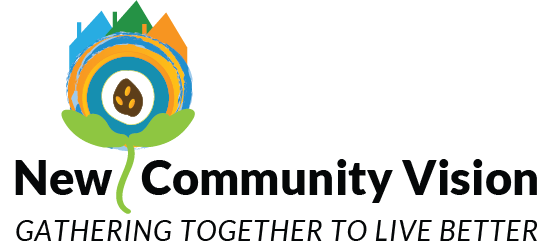Drama Princess at the Laundromat
Drama Princess at the Laundromat
The Weight of an Ordinary Evening
The first Sunday after Daylight Saving Time, it’s dark by five and I’m ready for bed at seven. On that day in 2007, I dragged two comforters and a bottle of detergent to a laundromat near Ashland and Division. The place was full—older people, middle-aged people, young people—all carrying their Sunday fatigue.
One woman caught my eye. She was folding clothes near the door, balancing on crutches, her foot in a surgical boot. Three children moved around her: two boys about eight and ten, and a little girl dressed head-to-toe in pink. She had dark eyes, dark hair, and the theatrical flair of a tiny movie star. With a hand pressed to her forehead, she sighed that her head hurt. Her “headache” might have been as much about wanting someone to take notice as it was about pain.
I struck up a conversation with her mother, who looked utterly spent. The effort of tending to three children while recovering from foot surgery was clearly more than one person should carry.
What If We Showed Up for Each Other
Watching her, I couldn’t help but think: if ours were a community that held one another up, she wouldn’t be in that laundromat on a dark Sunday evening. She’d have neighbors who noticed her limp, who offered to share a washer or drop off a casserole. Her daughter wouldn’t need to search for reassurance in unfamiliar faces; she’d grow up knowing her community was always close at hand.
Imagine a community where no parent has to shoulder so much alone—a neighborhood, a building, a network of caring adults who see what’s needed and step in naturally.
What Shared Living Makes Possible
I picture that same mother living in a shared-housing community—where the laundry room is down the hall and another adult offers to keep an eye on the kids. Where she can rest her foot while dinner simmers in a kitchen shared with people who care.
It’s not an impossible dream; it’s already happening. Across the country, neighbors are pooling resources, friends are sharing homes, and lives are fuller for it. When we live closer, we notice more. And when we notice, we help.
Try This Week:
Notice someone carrying more than they should. Offer one small kindness—a ride, a meal, or just your time.
Start a conversation. Ask a neighbor how they’re doing or what would make community life easier.
Share the story. Forward this newsletter to someone who cares about connection as much as you do.

